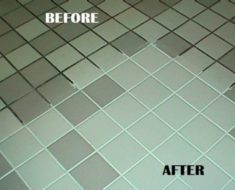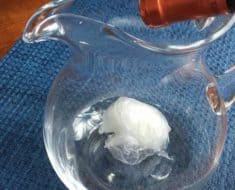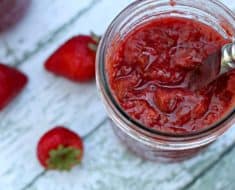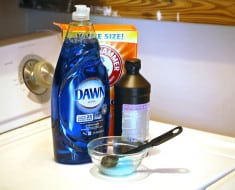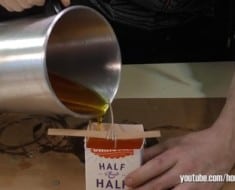It is no secret that daily brushing, rinsing and cleaning of our teeth will keep our mouths healthy and our teeth white. But some of the toothpastes on the market that claim to whiten teeth, are nothing more than just a marketing ploy.
Check out this great homemade concoction that is proven to work wonders for maintaining a healthy mouth as well as bright white teeth! #DIY
Coconut Oil Toothpaste!
In a study to test coconut oil’s biocidal properties against the bacteria responsible for tooth decay, the oil proved to be quite effective.
The action of coconut oil was tested in its natural state and after being treated with enzymes, in a process similar to digestion. The oils were tested against strains of Streptococcus bacteria, which are common inhabitants of your mouth.
They found that enzyme-modified coconut oil strongly inhibits the growth of most strains of Streptococcus bacteria, including Streptococcus mutans, an acid-producing bacterium that is a major cause of tooth decay. It is thought that the breaking down of the fatty coconut oil by the enzymes turns it into acids, which are toxic to certain bacteria. Chief researcher Dr. Damien Brady said:
“Incorporating enzyme-modified coconut oil into dental hygiene products would be an attractive alternative to chemical additives, particularly as it works at relatively low concentrations. Also, with increasing antibiotic resistance, it is important that we turn our attention to new ways to combat microbial infection.”








